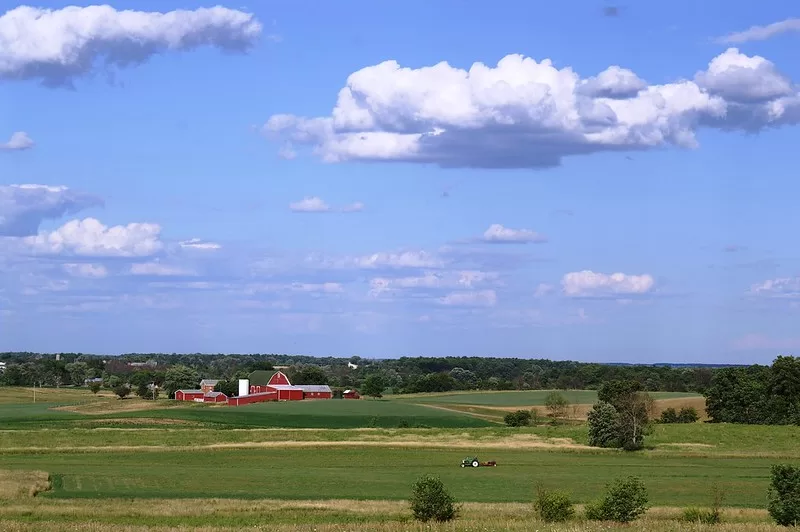June 18, 2021 – from The Croft in Boyne City, Michigan My check engine light came on last night while driving through Harbor Springs, Michigan. Expect the unexpected. Sometimes I whisper this to myself when things don’t go as planned on the road, other times I say it in my head and chuckle audibly. I can do hard things. Fortunately, I’m staying in Boyne City for two weeks and have time to make repairs if necessary. So, this afternoon, after…...

